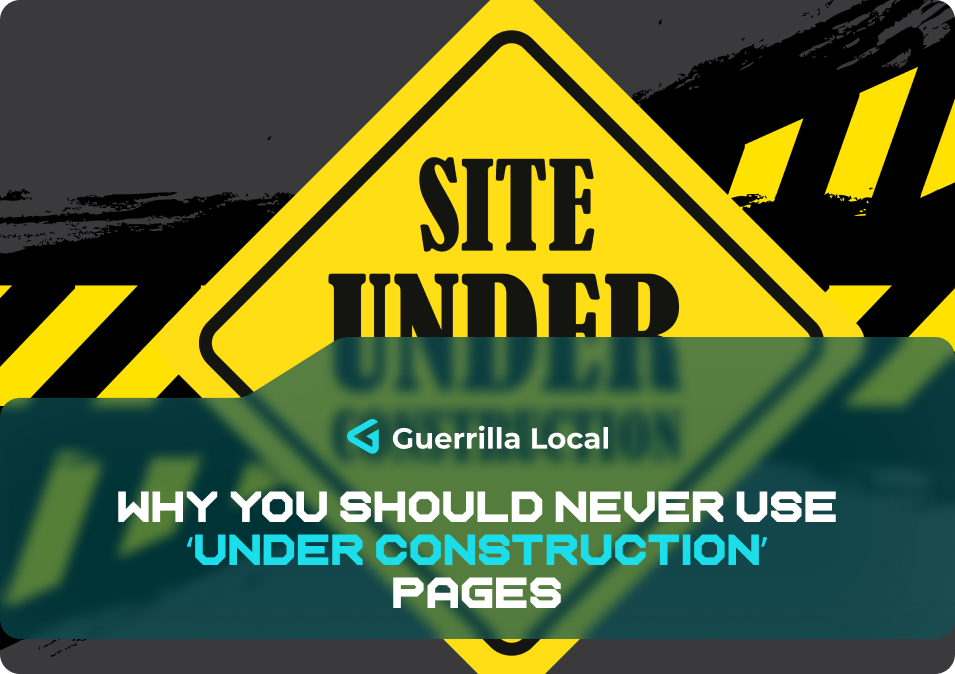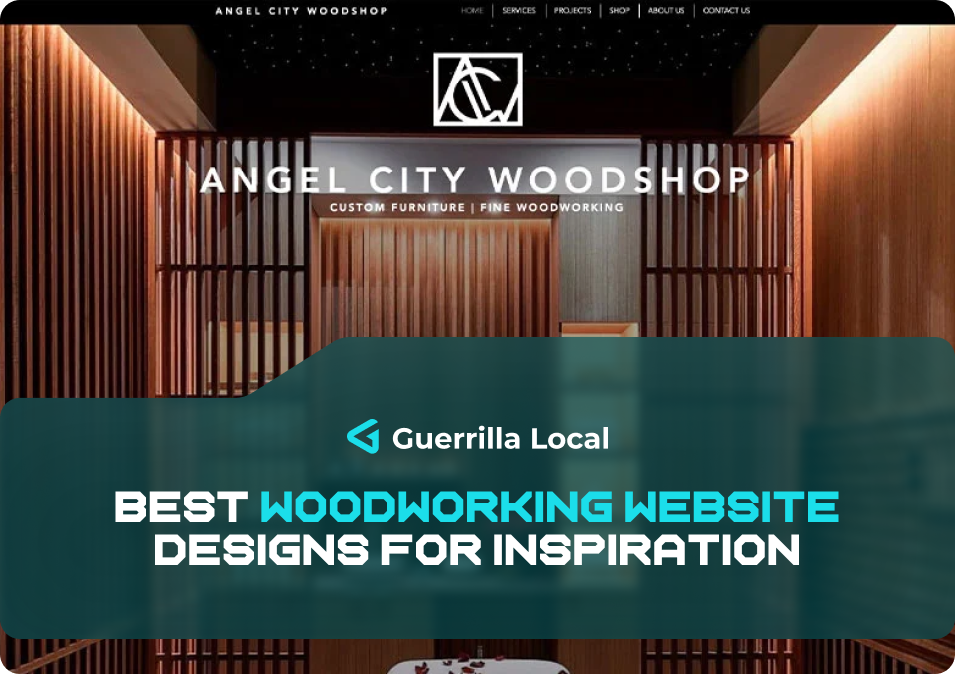Digital marketing plays a pivotal role in a construction company’s transformation, driving higher profits, increased sales, enhanced client satisfaction, and the development of a strong brand identity and customer loyalty. To achieve greater revenue, construction marketing efforts must tackle two key issues: effectively targeting customers and creating exceptional value.
Table of Contents
Challenges Construction Companies Face
Despite the increasing demand for digital transformation across industries, the construction sector has been slow to adopt these changes. According to a survey by Dodge Construction Network, only 15% of respondents have implemented a digital transformation strategy, and 38% either haven’t developed a strategy or don’t consider it a priority.
These challenges related to digital transformation have a direct impact on construction marketing. Many construction companies have yet to harness the full potential of digital marketing to maximize their revenue in both B2B and B2C markets. Some of the key challenges construction companies face are:
1. Lack of In-House Marketing Expertise
One of the primary challenges is the absence of in-house marketing expertise. Construction firms often lack dedicated marketing teams or individuals who understand the intricacies of digital marketing.
2. The Engineer’s Paradigm
In many construction companies, management practices are dominated by the belief that production is the most important aspect of the business. This paradigm can lead to a neglect of marketing efforts.
3. Inadequate Resource Allocation
Construction companies may not allocate sufficient resources for digital marketing strategies, considering them to be an unnecessary expense.
4. Falsely Equating Marketing to Selling
Some construction firms equate marketing solely with selling and fail to recognize its broader role in brand building and customer engagement.
Now that we’ve identified these challenges, let’s explore a series of construction marketing ideas that can help overcome these obstacles and promote your construction business effectively.
1. Create a Coherent Marketing Plan
A well-defined marketing plan is the foundation of any successful construction marketing strategy. It serves as an operational document that outlines how your construction firm plans to use advertising and outreach to target a specific market. Here are the key components of a marketing plan:
Main Marketing Plan Components
- Positioning: Define your construction firm’s position in the market.
- Segmentation: Identify how your offerings are segmented.
- Target Audience: Determine who your target customers are.
- Route to Market: Define your approach to reaching your audience.
- Mission, Vision, and Values: Highlight your core mission, vision, and values.
- Messaging: Specify how the above components inform your marketing messaging.
Apart from focusing on customer satisfaction and maximizing profits, consider other marketing goals such as:
Objectives Worth Considering
- Increasing brand awareness
- Generating high-quality leads
- Acquiring new customers
- Establishing industry authority
- Boosting brand engagement
Creating a coherent marketing plan may also require you to refine your brand if necessary.
2. Create a Customer Profile
Understanding your ideal customers is crucial for effective construction marketing. Customer profiles, also known as buyer personas, help you grasp the characteristics and pain points of your target audience. Here’s how you can create customer profiles:
- Generalized Characters: Build fictional characters representing specific segments of your ideal customer base.
- Tailored Offerings: Tailor your offerings to match the needs of different customer profiles (e.g., architects, designers, contractors).
- B2B vs. B2C: Differentiate customer profiles for B2B and B2C interactions.
Customer profile data is valuable for generating new leads that match your criteria and tailoring your marketing efforts accordingly.
3. Set Your Budget
Investing in marketing is essential for the growth of your construction business. A recommended guideline is that new construction companies (less than five years old) should allocate 12-20% of their gross revenue to marketing. Established firms with brand equity can allocate 6-12% of their projected revenue for construction services marketing.
Remember that marketing is an investment, not an expense. It’s essential to align your marketing budget with your goals, target audience, and chosen marketing channels. If you’re on a limited budget, prioritize building a mobile-friendly website as a foundational step.
4. Leverage Account-Based Marketing
Account-Based Marketing (ABM) is a strategic approach in B2B marketing that focuses on identifying high-value accounts and crafting personalized campaigns for them. In the context of construction companies, ABM can be applied by identifying target accounts that are most likely to need construction services, such as property management companies, real estate developers, or government agencies.
ABM allows for more targeted and efficient marketing, potentially yielding higher conversion rates and revenue growth.
5. Create a Website
An online presence is vital for any construction business in today’s digital age. A well-designed website serves as your online identity, portfolio, and sales pitch. Consider the following tips when creating or revamping your construction website:
- Website Builders: Use online website builders like WIX or Squarespace for a user-friendly, no-coding-required approach.
- Web Designer: If customization is a priority, hire a web designer for a more tailored website.
- Content Management System (CMS): Consider using CMS platforms like WordPress or Drupal for flexibility and scalability.
Ensure your website is mobile-responsive, easy to navigate, and reflects your brand identity.
6. Develop a Content Structure
Content marketing plays a pivotal role in construction marketing, particularly through blogging. To attract potential clients, it’s crucial to develop a content plan that aligns with their search queries. Here’s how to do it:
- Analyze Competition: Study your top competitors’ website content, social media presence, and marketing strategies.
- Customer Research: Understand your potential customers’ online behavior, questions, and pain points.
- Marketing Tools: Utilize tools like Google Trends, BuzzSumo, HubSpot’s Blog Ideas Generator, and SEMrush to generate content ideas and optimize for search engines.
Plan your content calendar, considering seasonal trends and industry events.
7. Optimize Your Online Presence with Construction SEO
Search Engine Optimization (SEO) is a critical aspect of construction marketing. It increases visibility, drives traffic, and improves the chances of converting website visitors into customers. SEO for construction companies involves:
- Keyword Research: Identify relevant keywords using tools like Ahrefs and Semrush.
- Content Optimization: Incorporate target keywords into headings, subheadings, and body text while creating high-quality content.
- Build Backlinks: Earn backlinks from reputable websites to boost your website’s authority.
- Page Speed: Optimize your website’s loading speed for better user experience and search engine ranking.
8. Boost Your Local SEO
Local SEO is particularly important for construction companies since approximately 46% of online searches include location-specific queries. To enhance your local online presence, consider the following:
- Claim Google My Business Listing: Ensure accuracy in name, address, phone number, hours, and categories.
- Optimize Website for Local Keywords: Include local keywords in titles, meta descriptions, headings, and content.
- List in Local Directories: Submit your business information to local directories.
- Build Local Backlinks: Collaborate with local businesses or organizations to earn backlinks.
These strategies improve your visibility in local search results and help attract potential clients in your area.
9. Engage in Social Media Marketing
Social media is a powerful tool for construction businesses to reach prospects and build brand awareness. Different platforms cater to various audiences, so it’s essential to choose the right ones for your target market. Consider running targeted social media ad campaigns to reach a specific audience interested in construction projects.
- LinkedIn: Effective for B2B communication.
- Twitter and Facebook: Suitable for reaching Millennials and Gen X consumers with spending power.
10. Start a Google Ads Campaign
Google Ads, a pay-per-click (PPC) advertising platform, allows you to bid for ad placement when users search for relevant keywords. To make the most of your PPC marketing efforts, focus on long-tail keywords, monitor results, align landing pages with your ads, stick to your budget, and continually optimize your campaigns.
11. Use Other Media
Construction marketing isn’t limited to blogging alone. Consider diversifying your content with various media formats like videos, infographics, Instagram stories, and podcasts. Each format serves a unique purpose and can attract different audience segments.
12. Follow Up on Past Customers
Maintaining a connection with past customers is vital for customer retention and profitability. Implement follow-up strategies and email marketing campaigns to re-engage with dormant leads, upsell, and secure new sales.
13. Build Your Online Reputation
Positive online reviews are essential for building trust with potential clients. Encourage customers to leave reviews, respond promptly to both positive and negative feedback, and work on improving your online reputation. Search engines use reviews as a signal for ranking websites, making them a critical aspect of construction marketing.
Construction Marketing Ideas for Growth with Guerrilla Local
These construction marketing ideas provide opportunities to connect with your audience and convert leads into customers. However, navigating the diverse world of marketing can be challenging. Consider seeking the expertise of a professional marketing agency like Guerrilla Local Web Design & Marketing Agency to develop a winning construction website and marketing strategy that generates more qualified leads for your construction business.
What is construction marketing?
Construction marketing refers to the strategic activities and efforts undertaken by a construction company to promote its services, connect with potential clients, and build a strong brand presence in the construction industry.
What are the marketing objectives of a construction company?
Marketing objectives for a construction company typically include increasing brand awareness, generating high-quality leads, acquiring new clients, establishing industry authority, boosting customer engagement, and ultimately maximizing profitability.
How can I promote my construction company?
You can promote your construction company through various means, including creating a professional website, implementing SEO strategies, engaging in social media marketing, utilizing online advertising like Google Ads, networking with industry professionals, and offering exceptional customer service.
How do you attract construction customers?
Attracting construction customers involves targeting your ideal audience through effective marketing strategies such as SEO, social media advertising, content marketing, and showcasing your expertise through portfolio displays and client testimonials.
How do you attract a contractor?
To attract contractors as clients, highlight your company’s expertise, past projects, and reliability. Establish a strong online presence, offer competitive pricing, and build relationships within the construction industry.
What is in a marketing plan?
A marketing plan typically includes an analysis of your target audience, competitive landscape, marketing goals and objectives, strategies and tactics for achieving those goals, budget allocation, and a timeline for implementation.
Why is marketing important in construction?
Marketing is crucial in construction as it helps businesses stand out in a competitive market, connect with potential clients, showcase their capabilities, and ultimately secure projects. It also contributes to building a strong brand reputation and trust.
What is a SWOT analysis for a construction company?
A SWOT analysis for a construction company assesses its strengths, weaknesses, opportunities, and threats. It helps identify internal strengths and weaknesses and external opportunities and threats, enabling the company to make informed strategic decisions.






